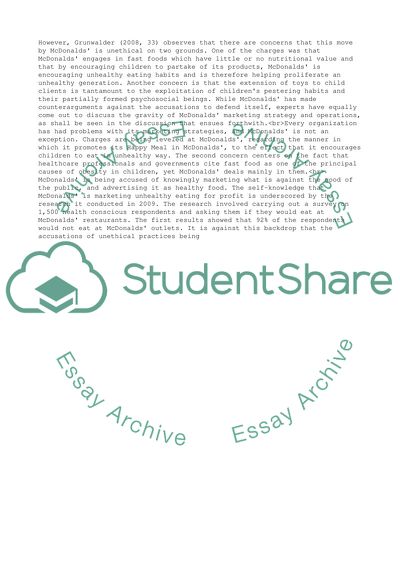Cite this document
(Business Ethics and corporate social responsibility Essay, n.d.)
Business Ethics and corporate social responsibility Essay. https://studentshare.org/business/1793573-business-ethics-and-corporate-social-responsibility
Business Ethics and corporate social responsibility Essay. https://studentshare.org/business/1793573-business-ethics-and-corporate-social-responsibility
(Business Ethics and Corporate Social Responsibility Essay)
Business Ethics and Corporate Social Responsibility Essay. https://studentshare.org/business/1793573-business-ethics-and-corporate-social-responsibility.
Business Ethics and Corporate Social Responsibility Essay. https://studentshare.org/business/1793573-business-ethics-and-corporate-social-responsibility.
“Business Ethics and Corporate Social Responsibility Essay”. https://studentshare.org/business/1793573-business-ethics-and-corporate-social-responsibility.


